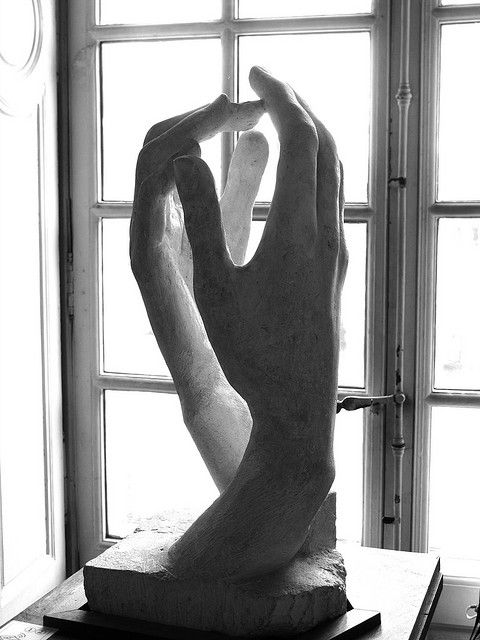Dear Integral Meditators,
What are important questions that you can use to greatly improve your meditation and mindfulness practice, whatever level you are at? The article below offers two…

Two fundamental mindfulness and meditation questions
One fundamental mindfulness question that you can ask yourself is “What is the way in which I am paying attention to my experience in this moment?” Regarding meditation, a central one is “Which positive object of attention is going to be most useful to me in this situation, right now?”
“What is the way in which I am paying attention to my experience in this moment?”
Let’s look at the mindfulness question first. Mindfulness means being aware of what you are doing in the moment, and how you are paying attention to what you are doing. If you ask yourself how you are paying attention to what is happening to you, then you’ll start to notice the way in which your attention is influencing how you experience what you are going through. You can then ask yourself the question “is the way in which I am paying attention here helping me or hindering me to be both happy and effective?” If you can see that your current way of paying attention is working to produce a good result, then you can stay with it. If it isn’t, then you can try making a mindful adjustment that will make an improvement.
For example, if I am in a meeting, and I am feeling impatient because it has gone overtime, I might notice that the impatience is making me both unhappy in the moment, and less effective at bringing the meeting to a successful conclusion. So, I might then decide to make the adjustment of accepting that the meeting is late, and re-focus my attention on patiently getting the best outcome by listening to the other parties, and communicating well.
It is by making many such incremental adjustments each day that mindfulness can really improve out quality of life and make us more effective at what we are doing.
“Which positive object of attention is going to be most useful to me in this situation, right now?”
A meditator is (amongst other things) someone who is concerned with focusing their attention mindfully around a positive object as they go through their daily life. A ‘positive object’ is one that, when we focus upon it helps our mind to feel calmer, more joyful/loving, more confident, grounded, centered and so on. A positive object influences our state of mind for the good when we focus upon it. There are as many different positive objects as there are positive states of mind. The skill as a meditator lies in focusing on the right positive object. For example:
- If I am experiencing fear, I might take courage, or the recognition of my immediate physical safety as my object of meditation in the moment
- If my mind is very busy or distracted, then I might practice attention to my body and senses as my positive object, to settle my mind.
- If I have just received an experience of good fortune, then I can take appreciation of that good fortune as my object of mindful attention.
The skill of the meditator in this context is selecting the right positive object to effectively meet and enjoy the challenge that s/he is going through in the moment. Since life is always changing, the particular positive object will also change as our day/week/month progresses, so we need to keep aware and making adjustments. We can do this by asking ourself this second question.
So, if you can bear in mind these two questions and ask yourself them regularly, then both your mindfulness and meditation practice are going to become more effective. Enjoy!
© Toby Ouvry 2018, you are welcome to use or share this article, but please cite Toby as the source and include reference to his website www.tobyouvry.com
Upcoming Courses at Integral Meditation AsiaOngoing on Wednesday’s, 7.30-8.30pm – Wednesday Meditation Classes at Basic Essence with Toby
Ongoing on Tuesday evenings, 7.30-8.30pm – Tuesday Meditation Classes at One Heart with Toby (East coast)
Begins 14/15th September – Effortless effort – Insight meditation for self-healing and transformation – a five week course
Monday 6.15-7.15 & Wednesday 12.15-1.15 – Integral Meditation classes at Space2B on Stanley Street
Saturday 11th August, 9-10.15am – Qi Gong workout and meditation class
Saturday 18th August, 9.30-1pm – Meditations for Developing the Language of Your Shadow Self Workshop
Integral Meditation Asia
Online Courses * 1:1 Coaching * Books * Live Workshops * Corporate Mindfulness Training *Life-Coaching * Meditation Technology





 Making mindful use of your to-do list
Making mindful use of your to-do list

